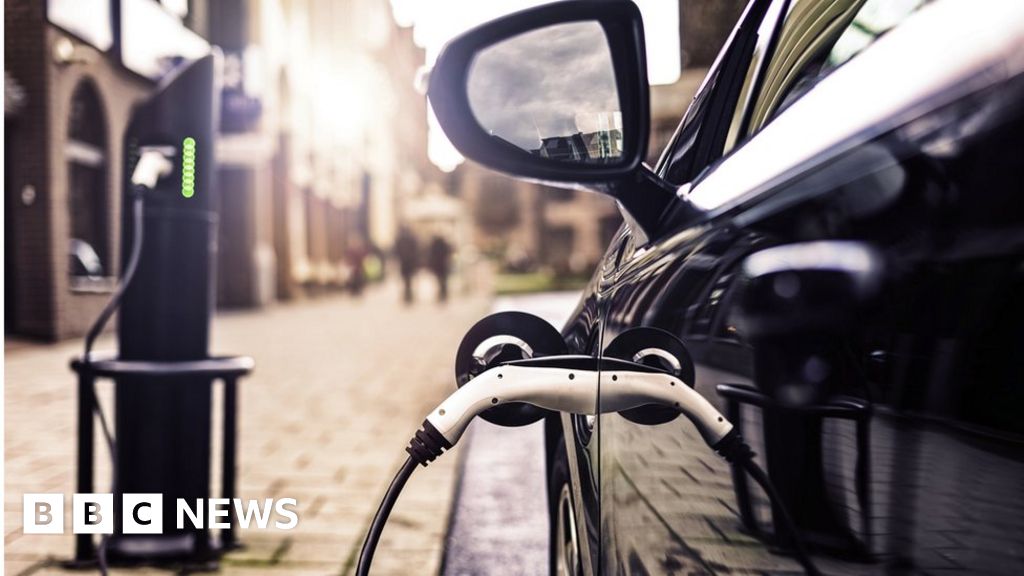D
Deleted member 126251
Guest
We do very little mileage - would suit me.


Fuel and excise duty must be replaced with new tax, MPs say
The UK will be left with a £35bn "black hole" as motorists switch to electric cars, says Transport committee.
www.bbc.co.uk
